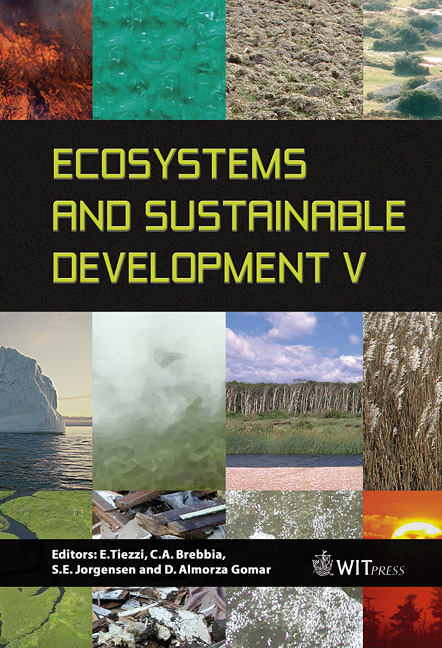Biodiversity Conservation And Rural Sustainability: A Case Study Of The Alexander Skutch Biological Corridor In Southern Costa Rica
Price
Free (open access)
Transaction
Volume
81
Pages
7
Published
2005
Size
301 kb
Paper DOI
10.2495/ECO050171
Copyright
WIT Press
Author(s)
H. E. Daugherty
Abstract
The Alexander Skutch Biological Corridor links the Las Nubes Biological Reserve and Los Cusingos Neotropical Bird Sanctuary along the Río Peñas Blancas in southern Costa Rica and is part of the larger Mesoamerican Biological Corridor connecting Mexico and Panama. The Faculty of Environmental Studies of York University in Toronto and the Tropical Science Center in San José, Costa Rica, jointly manage the Las Nubes Center for Research and Conservation. The objective of the center is to restore and protect the biodiversity of the corridor through the promotion of sustainable agricultural practices on a regional landscape level. The focus is on the conversion of sun grown to shade grown organic coffee, stream bank enhancement and erosion control, reforestation of degraded areas, and the conversion of pasture land to more productive uses (e.g., reforestation for carbon sequestration). Local farmers are now producing a specialty coffee -- Las Nubes Sustainable Coffee -- that is marketed throughout Canada by Timothy’s World Coffee—Canada’s third largest specialty coffee retailer. The sale of this coffee contributes to rural sustainability of the region through a purchase price exceeding fair trade pricing, ecological production, and investment in social programs by the local farmers’ cooperative. It is also an example of a partnership for sustainability between the private, public and civil society sectors. Keywords: biodiversity, biological conservation, rural sustainability, sustainable development, biological corridor, sustainable coffee, Costa Rica.
Keywords
biodiversity, biological conservation, rural sustainability, sustainable development, biological corridor, sustainable coffee, Costa Rica.





